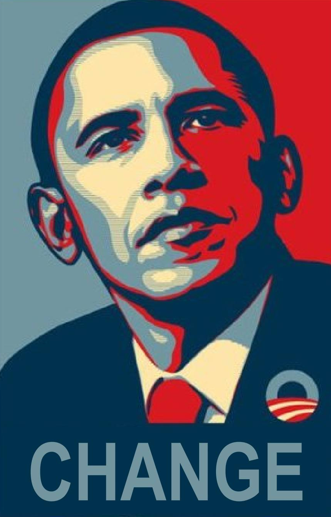If constituents reelect an official they are validating that this is what they want. Losing your seat not only removes the ability to impact legislature, but opens up the potential for irreversible damage to be done by elected officials with different priorities. Of course election is going to be a priority for politicians, particularly during election cycles. It's a method for the politician to engage with voters and reassess how they can represent those voters.
Incumbents have a 90% reelection rate. "Better the devil you know" and such. If your position tends to be relatively safe once elected, why do you never see those changes people seek. It should be obvious that election changes official's behavior and priorities. Why do you think term limits are often brought up as a congressional reform? Because people want them to focus on doing their jobs, not devoting half their time to keeping them, regardless of actual performance. In congress, you must devote time to getting donations and worrying about reelection. While holding office, yes you can enact legislature, but the act of maintaining office detracts from that ability. If an official knows their term will be ending in at a predetermined point, they can be more aggressive in legislation (see second presidential terms).
Now, why are you jumping to the conclusion of "if my candidate loses office, they other party automatically occupies it"? Could it be that elections are designed by parties to be reduced down to a binary choice, where, if you refer to my second post in this thread, it is advantageous to use the fear of "Either us or them" to force an automatic alignment. You phrase the scenario in such a manner as if there is no possibility of another politician of the same party filling the new vacancy, which is only an issue if there are no alternatives within the same party seeking the same position.
Politicians should compromise with each other. That allows the system to stably function. People should not have to compromise when they elect politicians. In engineering, system stability is indicated by degrees of freedom (DoF). In politics, DoF would be analogous to compromises made. A 0 DoF system is a dictatorship; no compromises in policy and leaders in place for decades. A 1 DoF system is a direct democracy; 2 politicians, who advocate what each side wants respectively, reach a singular, easily determined point of compromise that is acceptable to their bases. What the U.S. had now is at least a 3 DoF system; politicians are selected by committee, are voted upon by constituents, and ultimately nominated by committee. All this before they interact with an official on the other side chosen by a similar process. They do not respond directly to constituent input and lead to exponentially higher potential outcomes, that are much harder to predict, and the chances of an outcome that is optimum for constituents is greatly decreased as a result. What part of that sounds productive?




